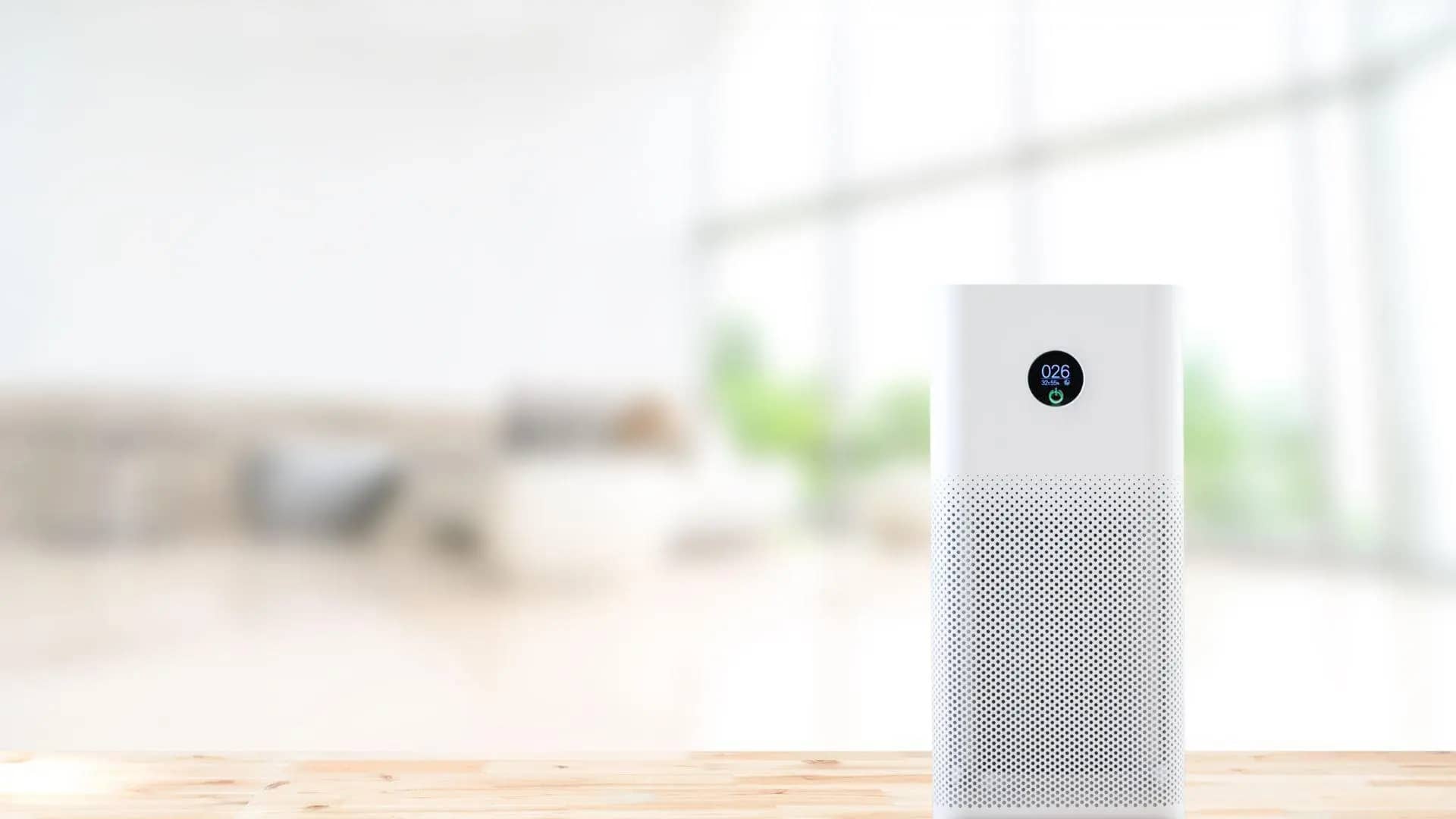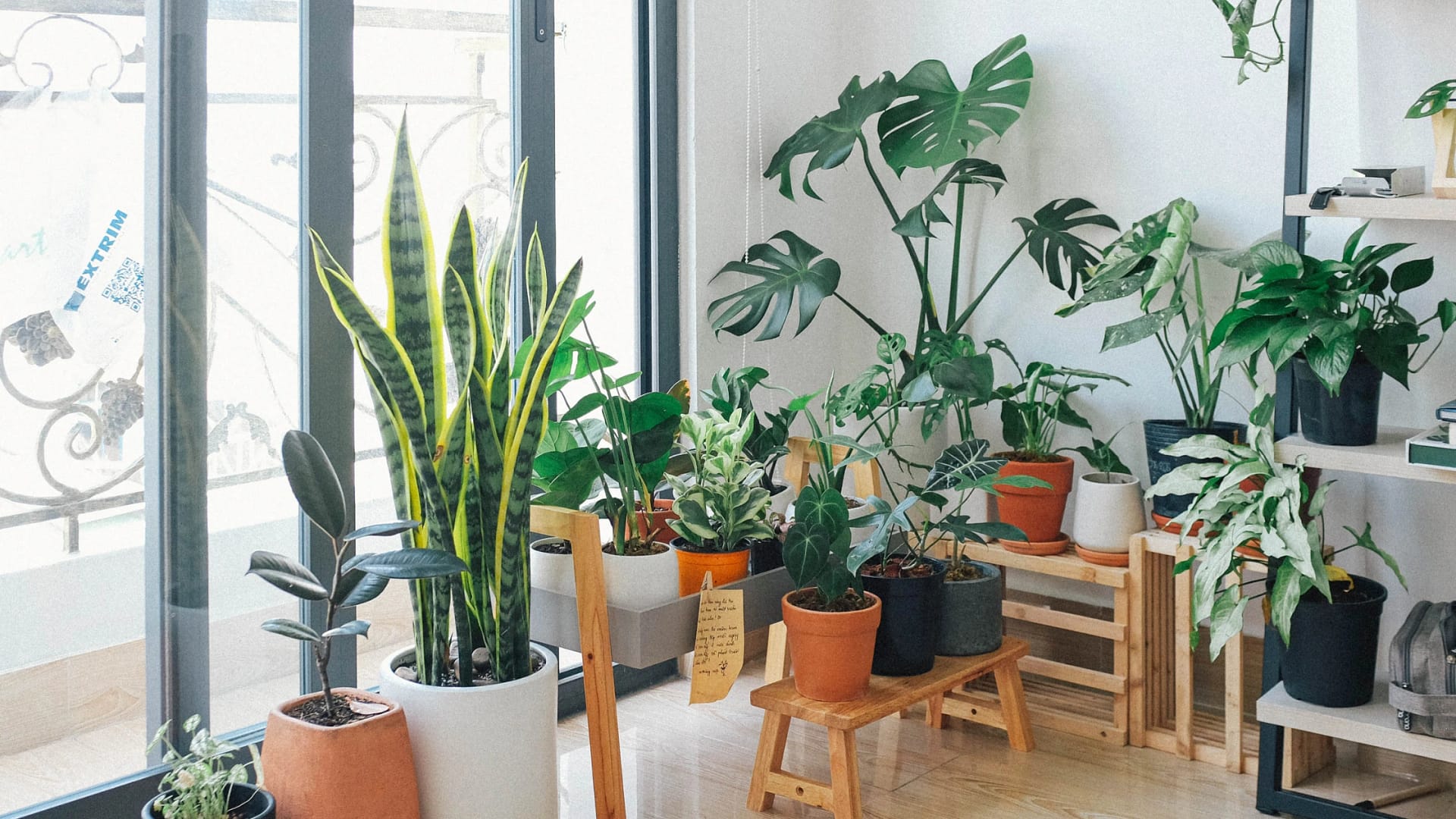Table of Contents
Dust can be a persistent nuisance in our homes, causing allergies and discomfort. If you’re wondering how to combat this problem, you may have considered using an air purifier, but mostly people are confuse do air purifiers help with dust or not ?
In this post, we’ll examine how well air purifiers work to lower dust levels and elevate indoor air quality. We’ll explore their benefits, factors to consider when choosing one, and alternative strategies to minimize dust accumulation.
Introduction
Dust may be a big problem when it comes to keeping a clean and healthy living environment.. Dust particles are made up of various substances, including dead skin cells, pet dander, pollen, and microscopic pollutants. These particles can trigger allergies, asthma attacks, and respiratory issues. To combat the dust problem, many people turn to air purifiers.
Understanding the Problem: Dust Allergies
Definition of dust allergies
When the immune system reacts to airborne particles such as dust mites, mold spores, or pet hair, it results in dust allergies, often known as allergic rhinitis or hay fever. Sneezing, watery or itchy eyes, congestion, and coughing are typical symptoms.
Symptoms of dust allergies
Numerous symptoms, such as nasal congestion, runny nose, frequent sneezing, itchy throat, and even skin rashes, can be experienced by those with dust allergies. These symptoms might greatly impact a person’s quality of life and general well-being.
Do Air Purifiers Help with Dust?
This question lingers, seeking assurance amidst the swirling particles. Air purifiers emerge as guardians, diligently purging the air of dust’s presence. They strive to create an oasis, a sanctuary free from the grasp of dusty intruders.
With their filters as shields, they capture and trap the microscopic foes, offering respite from the constant battle. Inhale deeply, feel the clarity bestowed by these silent warriors. Though dust may persist, air purifiers stand tall, allies in the fight for cleaner, healthier air. Embrace their presence and embrace a breath of fresh, purified life.
How Air Purifiers Work
Devices called air purifiers are made to take particles of dust and other contaminants out of the air. They work by pulling in air from the surrounding environment, filtering it through various mechanisms, and then releasing cleaner air back into the room.
Explanation of air purifier function
Most air purifiers utilize filters to capture and trap particles from the air. With a high-efficiency rate of 99.97%, HEPA (high-efficiency particulate air) filters are especially useful for collecting minute dust particles as small as 0.3 mm.
Types of air purifiers
There are several varieties of air purifiers on the market. Some common types include HEPA air purifiers, activated carbon filters, ionizers, and ultraviolet germicidal irradiation (UVGI) purifiers. Each type has its strengths and features.
Effectiveness of Air Purifiers
Air purifiers can significantly reduce dust levels in your home and improve indoor air quality. They provide several benefits when it comes to combating dust-related problems.
Removing dust particles
HEPA-filter-equipped air purifiers are very good in catching and trapping dust particles, even the smallest ones that are invisible to the unaided eye. This can lead to an observable reduction in dust buildup on surfaces and improved air quality.
Filtering out allergens
HEPA air purifiers are capable of removing various allergens including pollen, pet dander, and mould spores in addition to dust particles. Air purifiers can lessen the signs and symptoms of dust allergies and make the atmosphere for allergy sufferers healthier by eliminating harmful allergens.
Things to Check When Choosing an Air Purifier
Not all air purifiers are created equal. When selecting an air purifier to address dust-related concerns, several factors must be considered.
Room size and CADR
Always consider place and room size when using the air purifier. Different air purifiers have varying coverage capacities, indicated by their Clean Air Delivery Rate (CADR). Choose an air purifier with a CADR suitable for your room size.
Filtration system and filters
Check the type of filtration system the air purifier uses. HEPA filters are highly recommended for capturing dust particles effectively. Also, check out the availability and cost of replacement filters.
Noise level and energy consumption
Some air purifiers can produce noise, especially at higher fan speeds. Look for models with low noise levels if noise is a problem. Additionally, consider the energy consumption of the air purifier to ensure it aligns with your energy-saving goals.
Other Strategies to Reduce Dust

When you asked about Do Air Purifiers Help with Dust? Then you are most worried about your health and well-being. Then air purifiers can effectively reduce dust, but they are not the only solution. Incorporating additional strategies into your cleaning routine can further help minimize dust accumulation.
Regular cleaning and dusting
Frequent cleaning and dusting of surfaces, furniture, and floors can prevent dust from settling. Use damp cloths or microfiber dusters to capture dust effectively rather than dispersing it into the air.
Minimizing carpeting and fabric surfaces
Carpets and fabric surfaces tend to trap dust particles, making it harder to remove them completely. Consider minimizing the use of carpets or opting for low-pile carpets. Regularly vacuum and steam clean fabric surfaces to reduce dust buildup.
Conclusion
In conclusion, air purifiers can be valuable tools in combating dust-related issues and improving indoor air quality. They effectively capture and remove dust particles and other allergens, providing relief for allergy sufferers. It’s crucial to select the ideal air purifier, though, taking into account aspects like room size, filtration method, and noise level. Additionally, regular cleaning practices and minimizing fabric surfaces can further help reduce dust accumulation.




2 thoughts on “Do Air Purifiers Help with Dust? The Role of Air Purifiers”